National threats to housing protections for transgender and gender nonconforming people would greatly impact those in Memphis, who are already disproportionately affected by homelessness.
Access to housing has long been a challenge for marginalized people living in Memphis. While homelessness is a nationwide issue, Memphis residents are often at a disadvantage due to a lack of resources.
The broadness of the issues tends to leave minority communities, specifically transgender and gender nonconforming individuals, to feel left out and forgotten.
“Memphis has one of the highest rates of homelessness in the South for trans people,” Kayla Gore, executive director of My Sistah’s House, said. “Many people have been denied access prior to Equal Access being in place.”
Gore referred to the Equal Access Rule imposed by the United States Department of Housing and Urban Development (HUD). This rule protects individuals from housing discrimination on the basis of gender identity, sexual orientation, and marital status.
My Sistah’s House noted barriers for transgender people to receive housing in Memphis, which Gore said was created prior to the Equal Access Rule expanding to include this community in 2016. She said people had often complained about housing officials asking about their genitalia, safety of those already in shelters, and more.
While the organization has worked fervidly to make housing available for the community, Gore said their plans are shifting to adjust to the current political climate.
In February, HUD ceased enforcement of the rule. HUD secretary Scott Turner said this was an extension of President Donald Trump’s mission to “restore biological truth to the federal government.”
During a June 5th webinar entitled “Defending the Equal Access Rule,” officials from the National Alliance to End Homelessness said this rhetoric is harmful to transgender and nonbinary individuals and is also working to eliminate data on them as well.
Officials said that this includes collecting federal data on gender expansive people and their experiences with homelessness and housing insecurity. The American Housing Survey did not collect data on sexual orientation and identity until 2023.
While consistent comprehensive data may not be available on these individuals, this does not discount their experiences, with many being subjected to discrimination, exclusion, and violence.
“There are places that really don’t want to house people who are gender diverse,” Gore said. “In Memphis, [the end of Equal Access] is going to put people in a really scary situation. Many trans individuals will be denied access to shelter or they’ll be forced into unsafe placement that doesn’t align with their gender identity.”
Gore said that federal and local governments are supposed to protect housing authorities from imposing discriminatory practices. She said states usually follow what national guidance dictates, but that isn’t the case in Tennessee.
“We’ve seen our counties support our initiatives, we’ve seen the city support our initiatives, but the state, not so much,” Gore said.
With the increased number of anti-trans legislation passed in the state, Gore said Tennessee is creating barriers for transgender people to live authentically. These obstacles are further intensified with housing protections being threatened.
“We’re talking about trans people not being able to access basic needs like shelter,” Gore said. “That’s going to create trauma not only for people who will be directly affected, but the people they’re connected to.”
Gore and her team are continuing to educate the LGBTQ community on the Equal Access Rule and impending challenges. She said they’re currently in a “waiting period” since there is no official decision yet.
“We need to really reinforce and expand protections that are crucial to trans people,” Gore said. “The fight for housing justice is a fight for survival.”
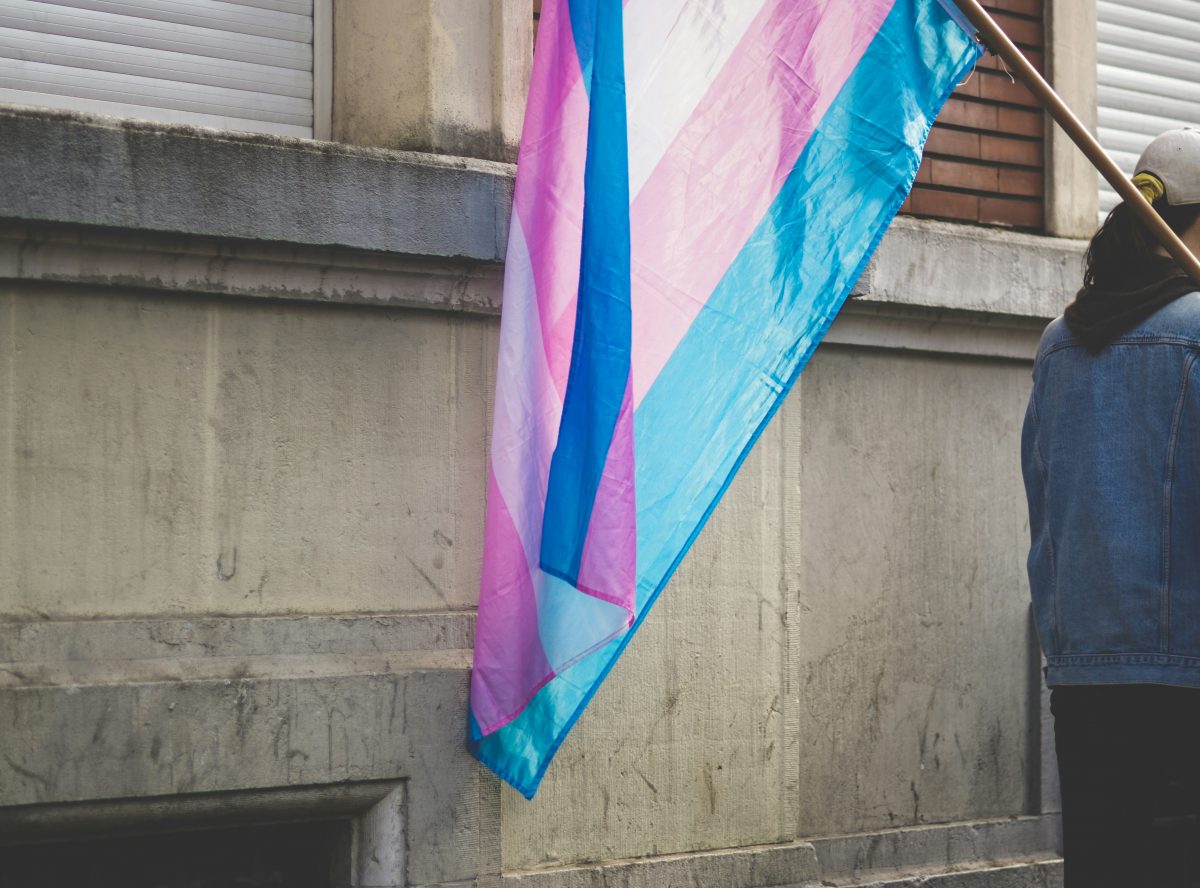


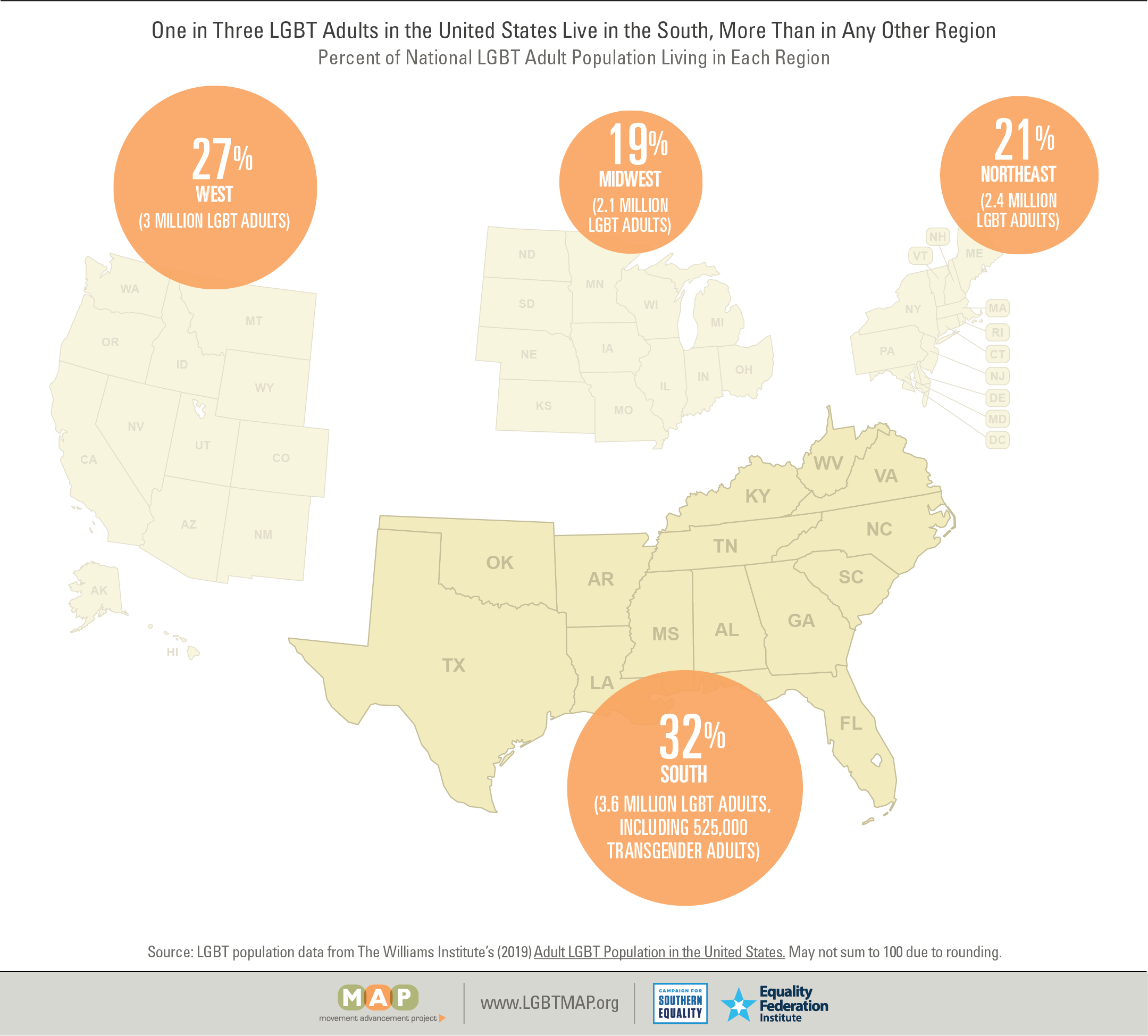 Movement Advancement Project/Campaign for Southern Equality
Movement Advancement Project/Campaign for Southern Equality 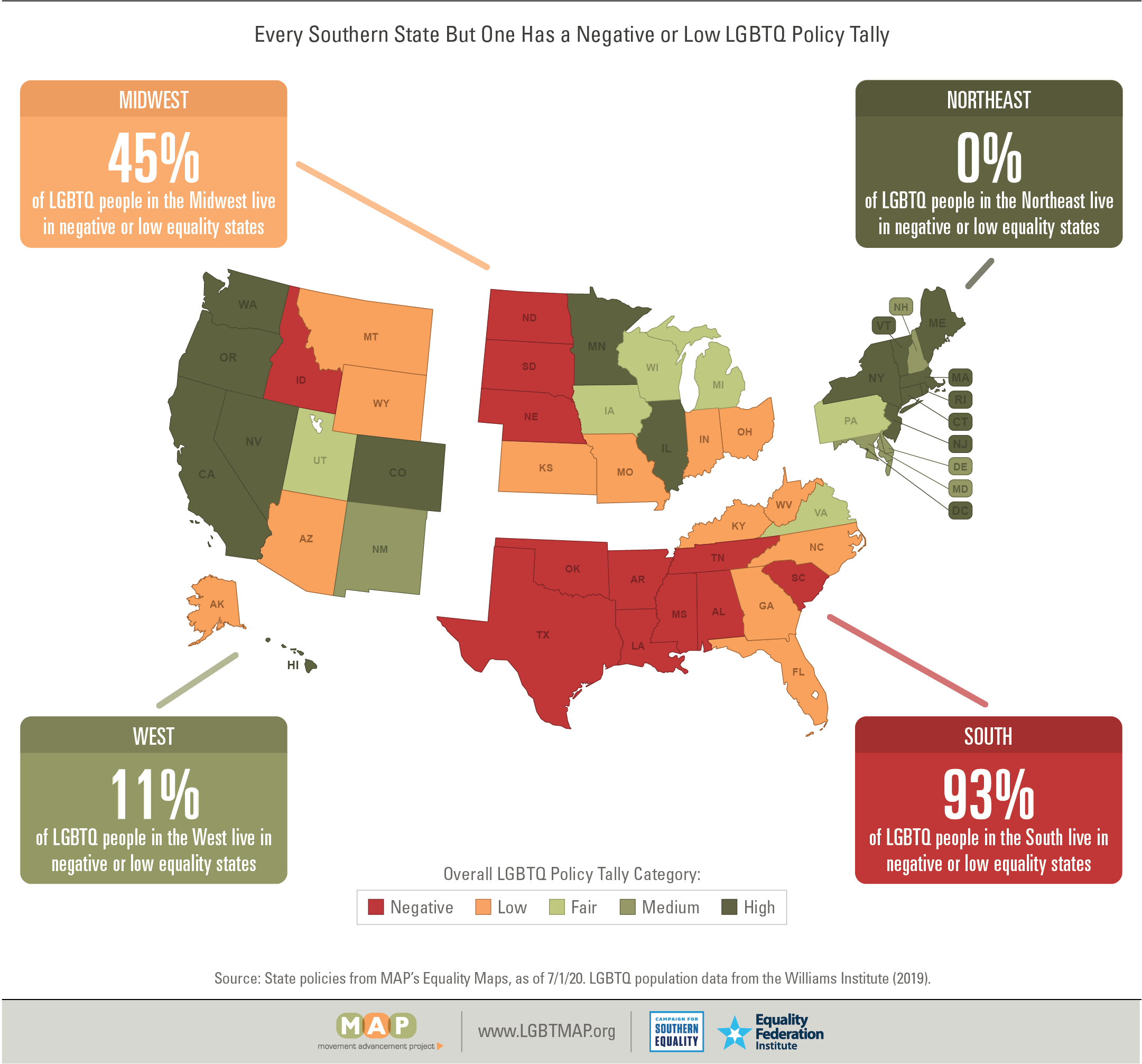 Movement Advancement Project/Campaign for Southern Equality
Movement Advancement Project/Campaign for Southern Equality 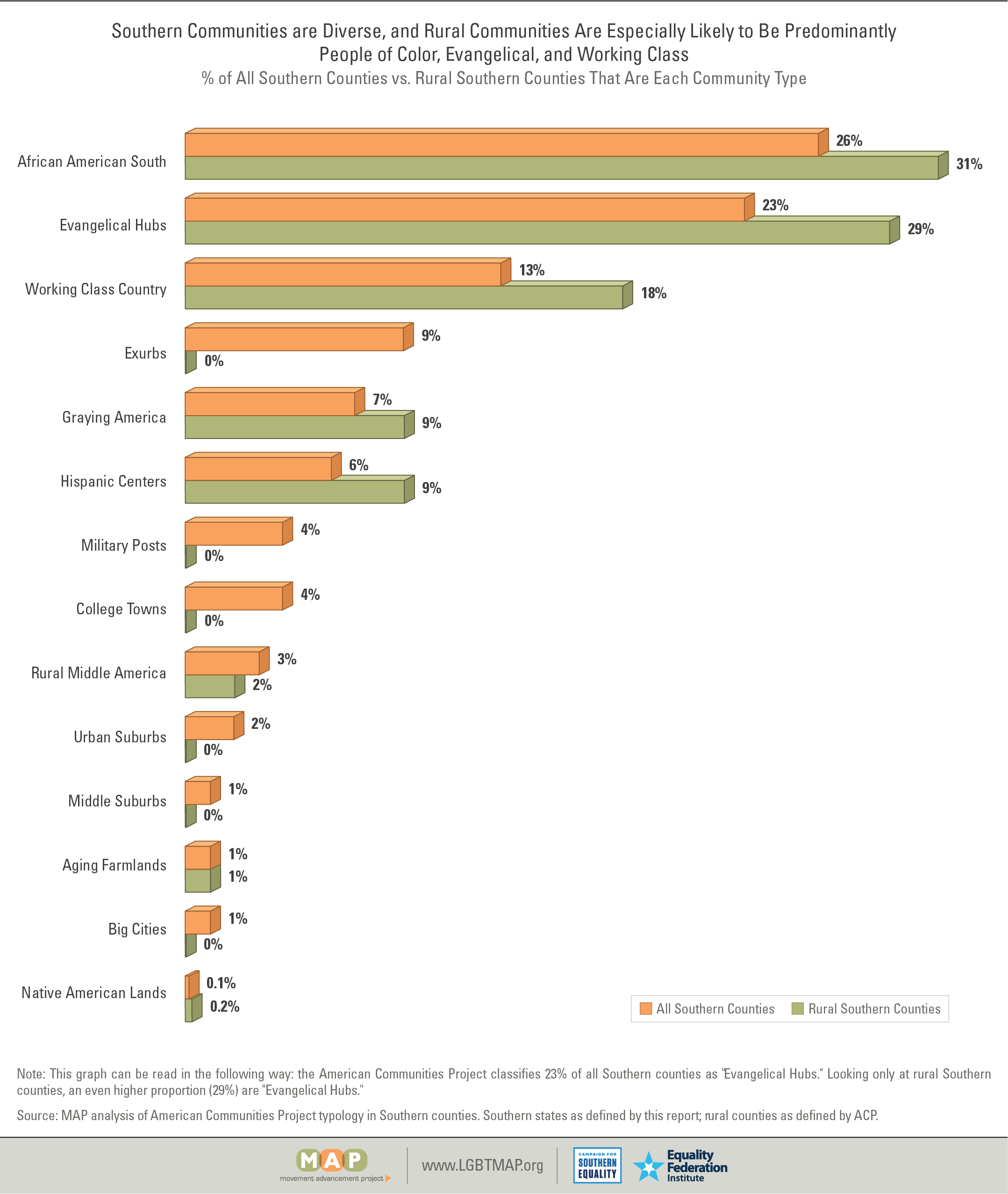 Movement Advancement Project/Campaign for Southern Equality
Movement Advancement Project/Campaign for Southern Equality 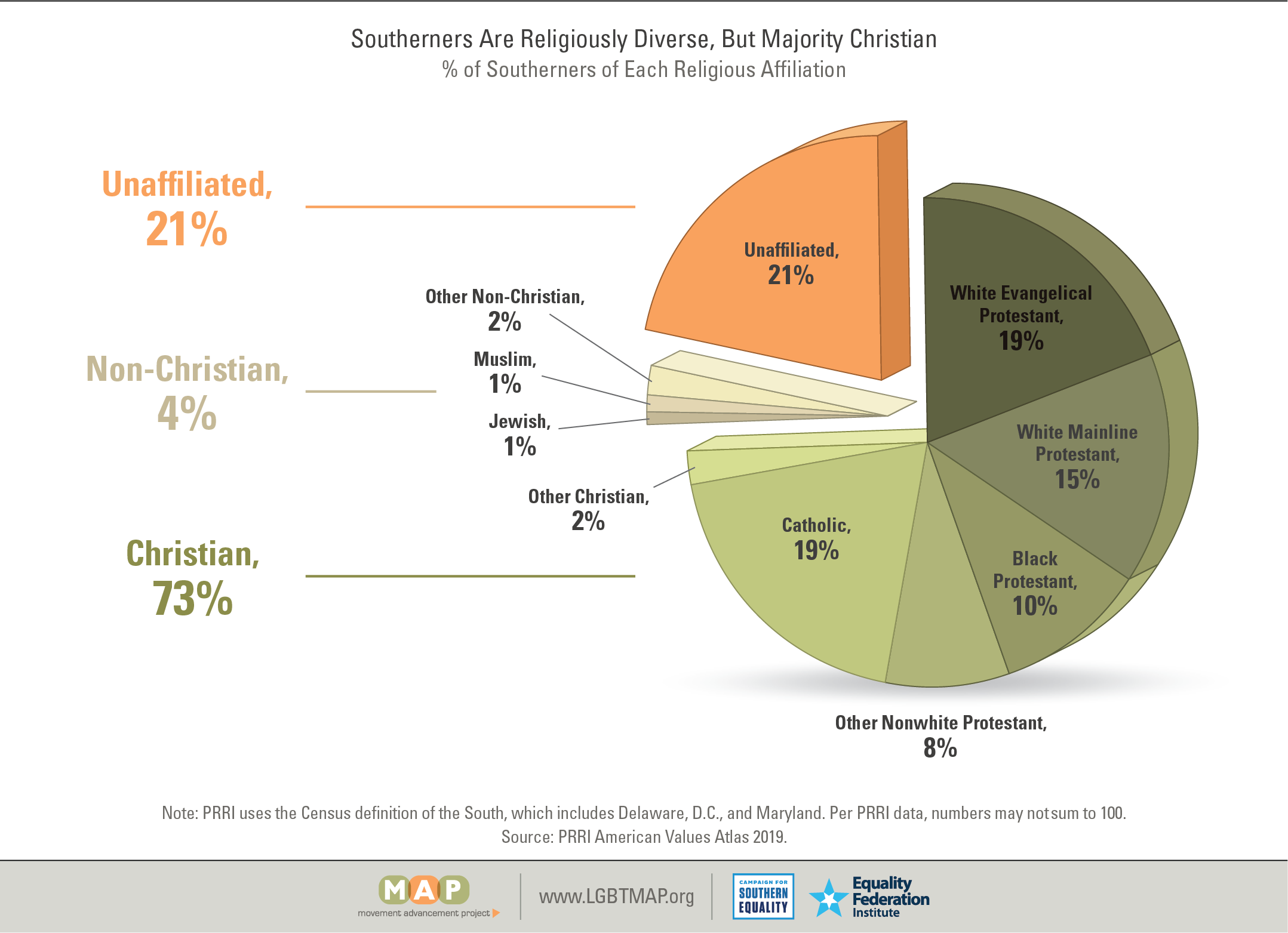 Movement Advancement Project/Campaign for Southern Equality
Movement Advancement Project/Campaign for Southern Equality 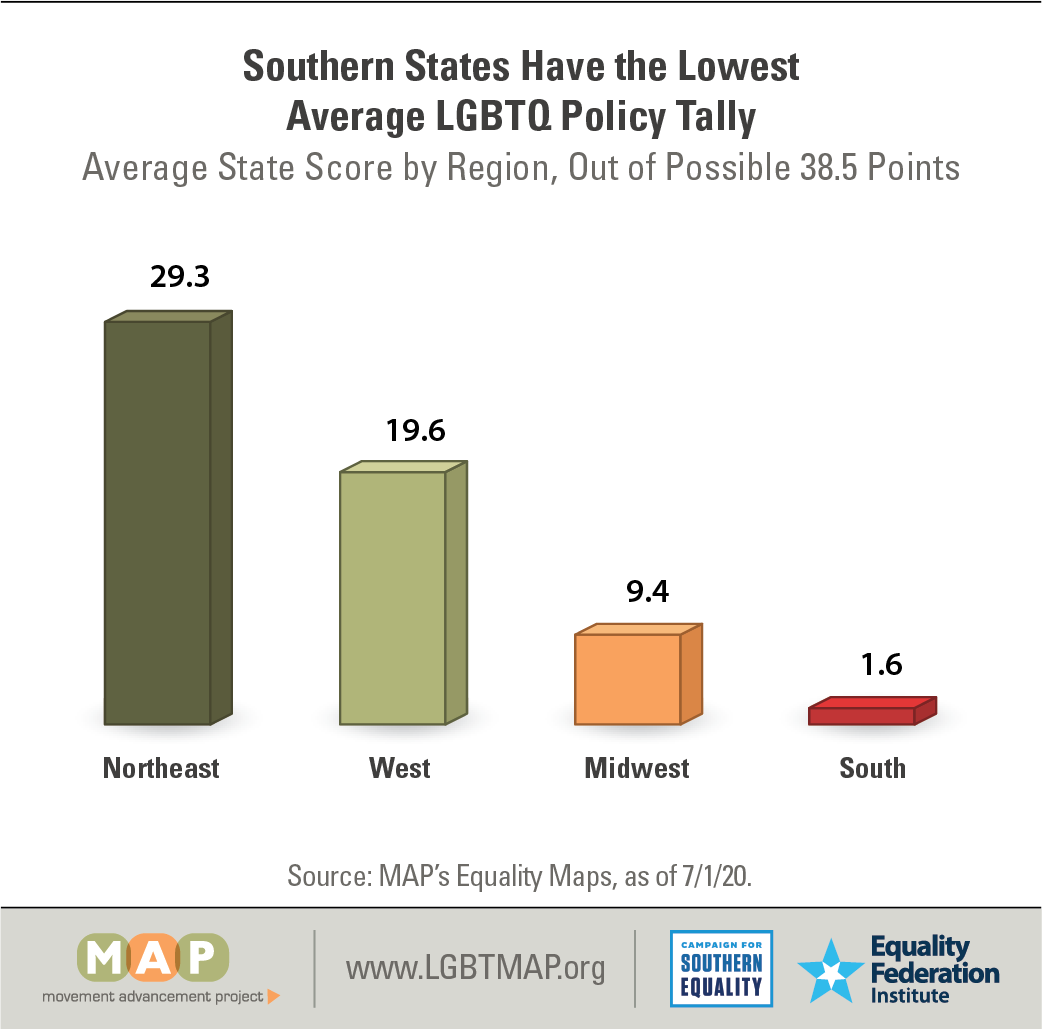 Movement Advancement Project/Campaign for Southern Equality
Movement Advancement Project/Campaign for Southern Equality 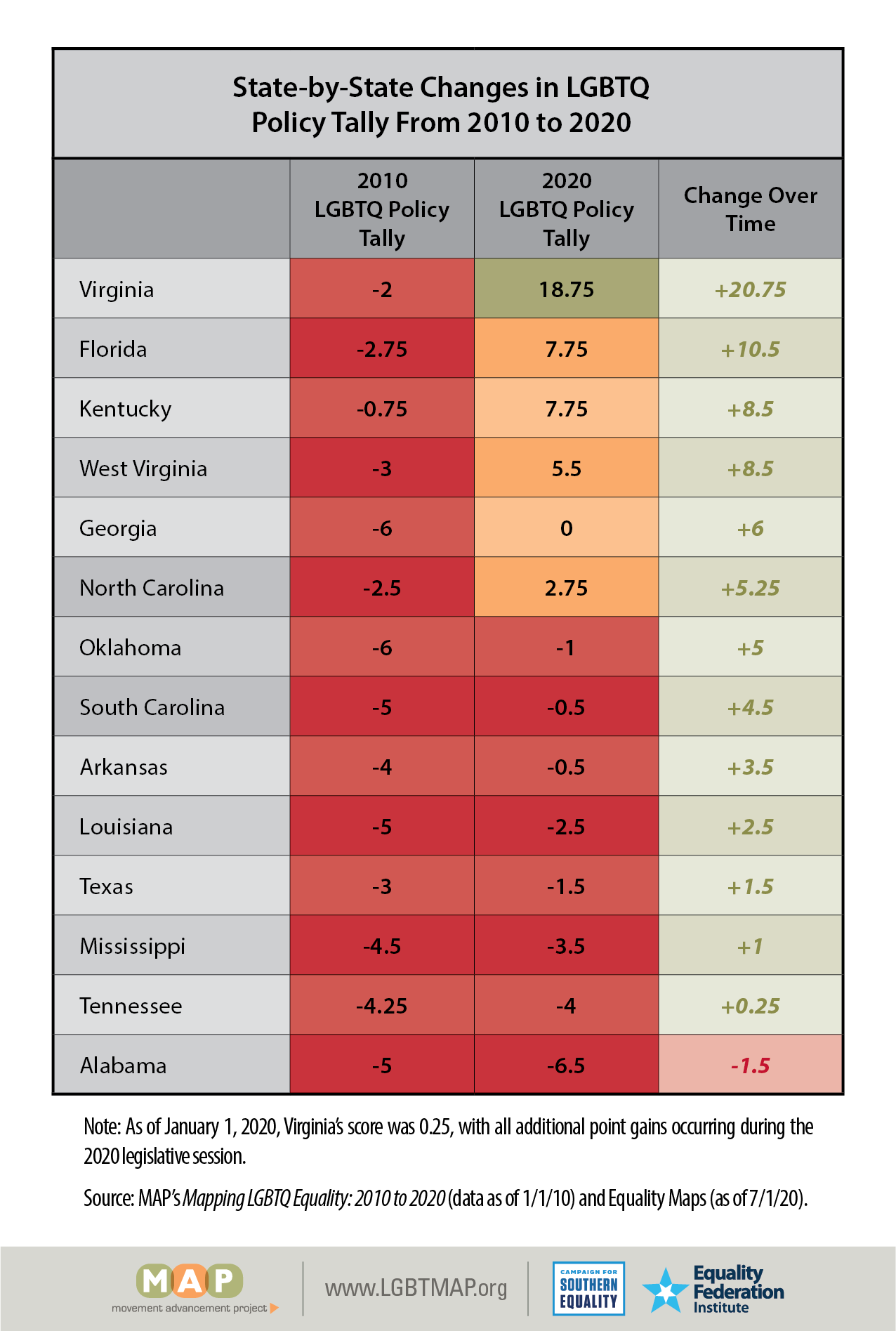 Movement Advancement Project/Campaign for Southern Equality
Movement Advancement Project/Campaign for Southern Equality